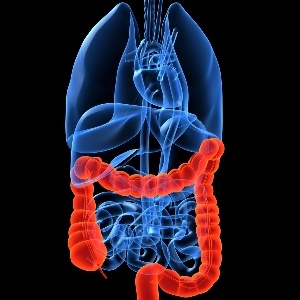
People with colon polyps spotted during screening are at higher risk for colon cancer. But while low-dose aspirin could lower the odds for the disease, too few patients adopt the regimen, new research shows.
Advanced colon polyps are a major risk factor for colon cancer, the third most common cause of cancer death in the United States.
Underutilisation of aspirin
The US Preventive Services Task Force recommends health care providers prescribe low-dose aspirin to all patients with advanced polyps unless there are specific medical reasons not to. Aspirin reduces colon cancer risk by 40% and helps prevent return of advanced polyps, its guidelines say.
To assess low-dose aspirin use, Florida Atlantic University researchers analysed interviews with 84 patients who had advanced colon or rectal polyps. The interviews were done between 2013 and 2017.
Only 43% of the patients said they took aspirin.
"These data indicate underutilisation of aspirin to prevent colorectal cancer as well as recurrent polyps in these high-risk patients," said senior author Dr Charles Hennekens. He is a professor and senior academic advisor in FAU's Charles E. Schmidt College of Medicine in Boca Raton.
Major risk factors
Researchers said the findings highlight major challenges that need to be addressed through lifestyle changes, drug therapies such as low-dose aspirin and screening. Lifestyle changes that have been shown to reduce colon cancer risk include getting regular exercise and avoiding and treating excess weight.
"We believe that these efforts should achieve the most good for the most patients," Hennekens said in a university news release.
Study co-author Dr Lawrence Fiedler is a gastroenterologist and affiliate associate professor. He noted that more than 90% of patients diagnosed with colon cancer are 50 years of age or older.
"The major risk factors are similar to those for heart attacks and stroke and include overweight, obesity as well as physical inactivity, a diet low in fibre and high in fat, as well as type 2 diabetes," Fiedler said.
The study was recently published online in the American Journal of Medicine.
Image credit: iStock




 Publications
Publications
 Partners
Partners











